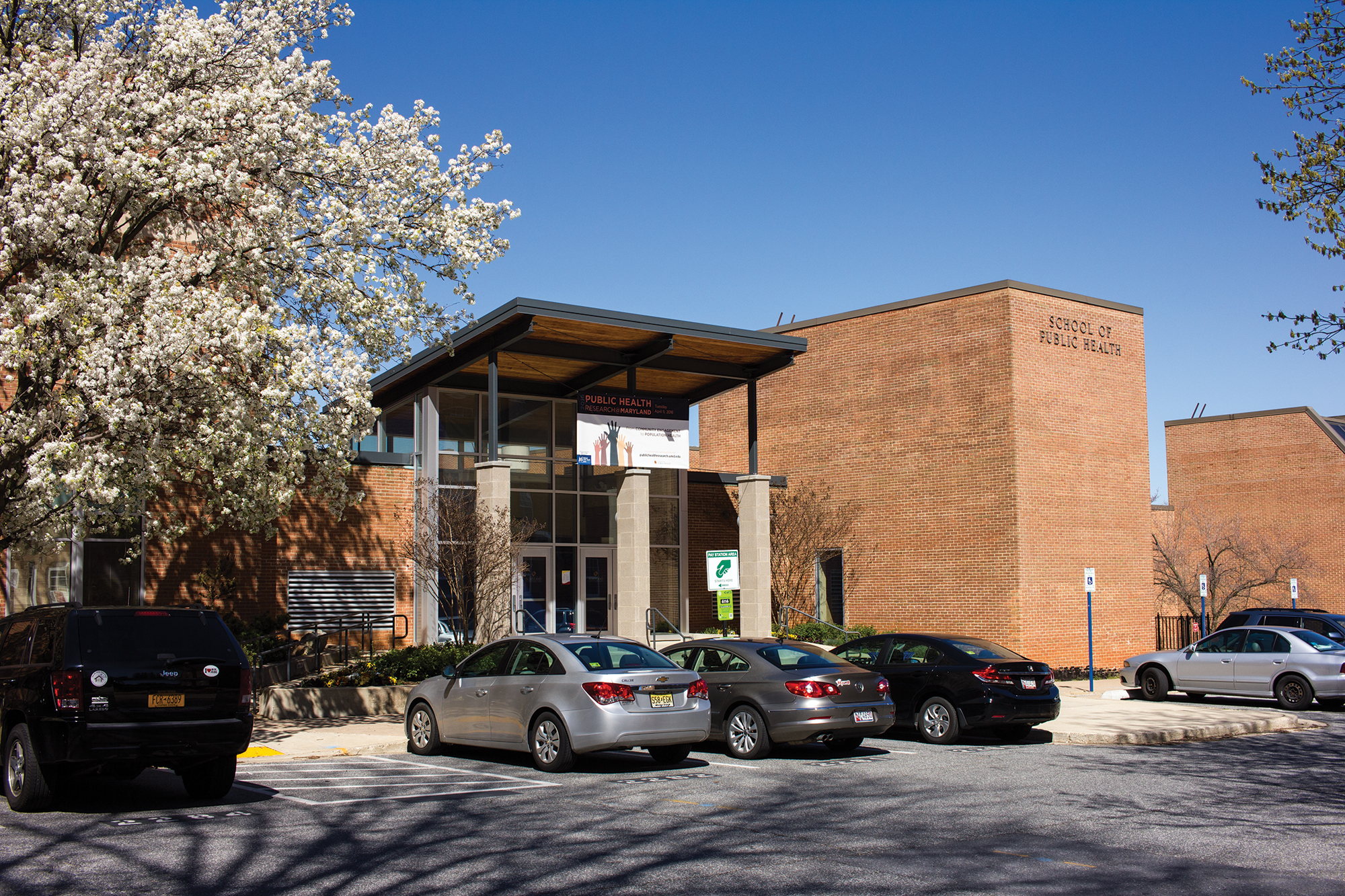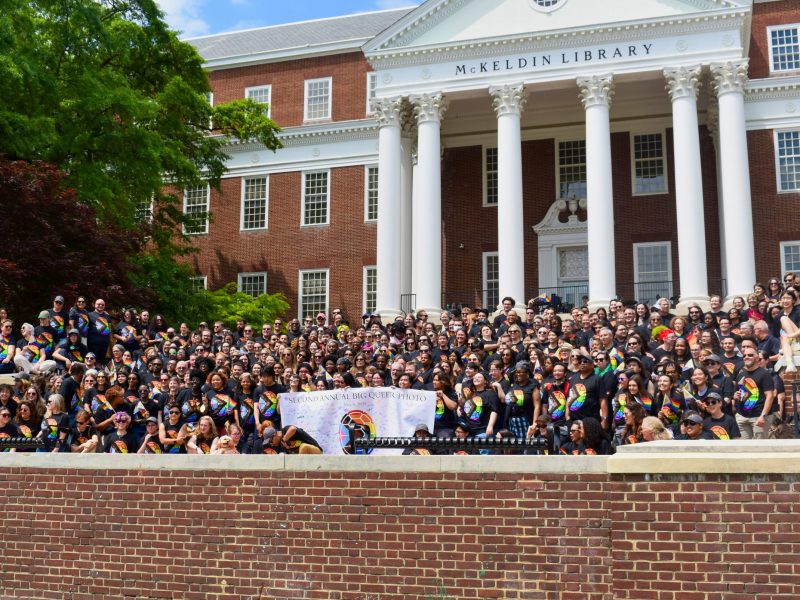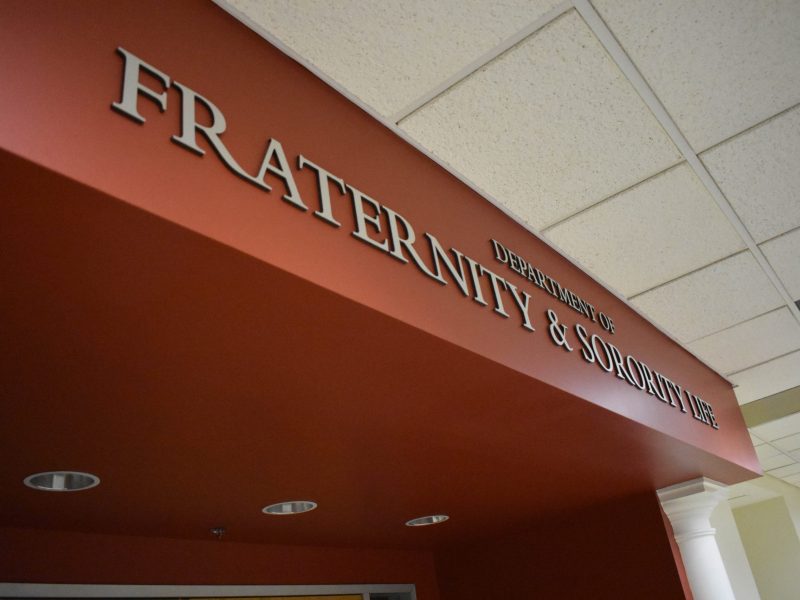Prachi Kulkarni, a doctoral student in the Institute for Applied Environmental Health, sees water shortages and problems caused by climate change spreading across the country — phenomena that she said make the need for action greater than ever.
“There’s massive drought in [some areas] of the country, but the rest of the country also needs to be proactive about conserving water,” Kulkarni said. “The point of CONSERVE is to basically find alternative sources of water that we can better save so we can grow food that is safe to eat.”
Last week, the U.S. Agriculture Department’s National Institute of Food and Agriculture established the CONSERVE Center of Excellence with a $10 million grant over a four-year period to try to find solutions for cleaner, more abundant water, said Amy R. Sapkota, a professor in the public health school.
The Center of Excellence is an effort among 40 primary collaborators in multiple disciplines, including experts from multiple schools within this university; universities from around the world, including the Arava Institute for Environmental Studies in Israel; and companies. The center plans to research, implement and educate people about innovative clean water initiatives, Sapkota said.
CONSERVE, based in the Institute for Applied Environmental Health, is among the first centers of its kind to receive funding from the nation’s agriculture department, said Sapkota, the leader of the CONSERVE team.
“If we want to grow our food and protect public health by preventing foodborne illness, we have to have very clean water,” Sapkota said.
After the department requested applications for “multidisciplinary teams to begin to try to develop solutions to this wicked problem,” Sapkota spent six months writing a 517-page long proposal with a team of experts for what is now CONSERVE.
“Our center is really very solution-focused,” Sapkota said. “We are trying to develop solutions that can enable us to continue to sustainably and safely produce food. It’s a very complex problem, so you need a team of people who have come from a variety of different areas of expertise.”
The CONSERVE team not only includes experts in many different fields, from lawn policy and social behavior to hydrology and engineering, but also from different universities and groups across the world, Sapkota said.
“You need all of these people to attack this problem from all of these different angles to come up with a solution,” Sapkota said. “We are basically bringing in collaborators who we have a relationship with already and are already working toward solutions to the issue at hand.”
Patrick O’Shea, the vice president and chief research officer of the university, said the future success of the Center of Excellence is ensured, given the emphasis on partnerships within the university, between outside universities and even internationally.
“Partnerships are critical to the success of this university,” O’Shea said. “Partner and prosper is our new paradigm.”
Although the USDA grant is slated to last for four years, O’Shea said the center fulfills a “fundamental need” and predicts it won’t go away in that amount of time.
“As climate change continues to evolve there’s going to be continued need,” he said. “The kinds of problems that we’re working on are becoming global in nature.”
Rita Colwell, distinguished professor in the Institute for Advanced Computer Studies, said she is excited for CosmosID, a bioinformatics company she founded, to be a part of CONSERVE.
“We will get some really excellent results because the project has been carefully planned and the objective well understood,” she said. “The project is focused on one main part of the larger issue [of maximizing water resources] and that is providing for agricultural use and reuse of water in a safe, sustainable way.”
Jane Clark, the dean of the public health school, expressed her belief that the goals and future of CONSERVE are attainable, thanks to the department grant, and her pride at the university’s inclusion in the initiative.
“The School of Public Health is honored and very excited to have this opportunity to bring these partners together to collaborate on this really important project,” Clark said.



